 |
 |
 |
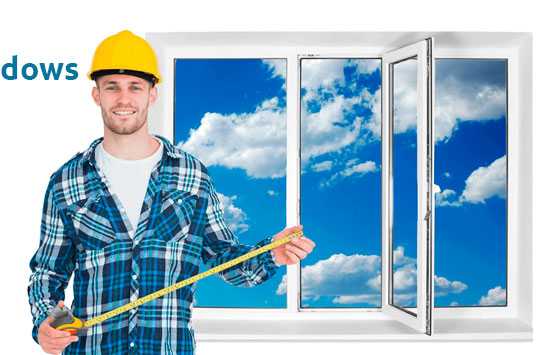 |
|
 |
||
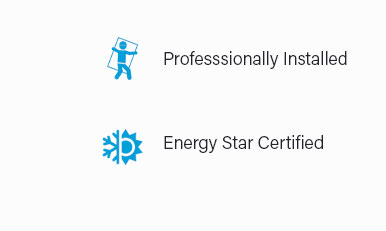 |
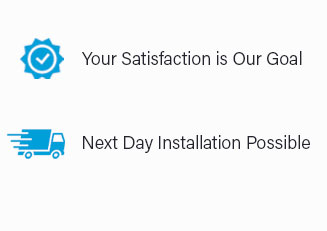 |
 |
 |
 |
 |
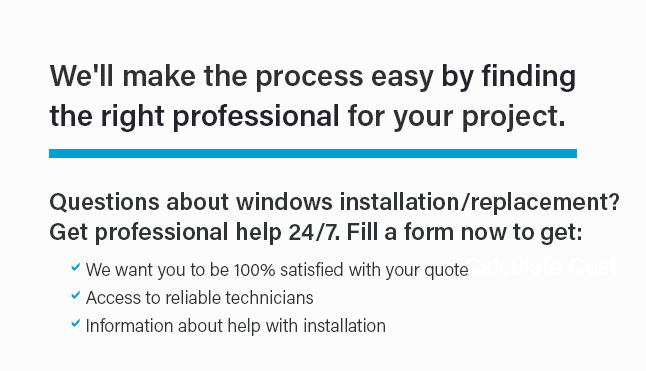 |
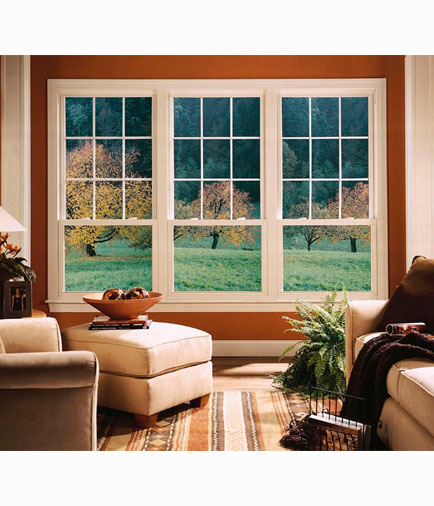 |
|
 |
 |
|
Transform your living space with our unparalleled windows installation and replacement services, where style meets substance at unbeatable prices. Discover the true value of your investment with our innovative replacement window price comparison tool-designed to empower you with clarity and confidence, ensuring you never overpay for quality. Say goodbye to drafty, outdated windows and hello to enhanced energy efficiency, curb appeal, and peace of mind. Our expert team is committed to delivering precision and excellence, making your home a sanctuary of comfort and elegance. Choose the future of windows today and experience the difference that sets us apart from the ordinary.
https://www.championwindow.com/windows/pricing/
Value Comparison. While the industry price for a vinyl replacement window ranges from $425 to $2,100, the benefits that come with that window vary even more. https://modernize.com/windows/frames/vinyl-windows
Vinyl windows are usually the most affordable frame option for new windows. The national average replacement cost is $548 per window but can go ... https://homeguide.com/costs/window-world-cost
In comparison, the average cost of window replacement is $400 to $2,000, depending on the brand and the window size, type, and material.
|